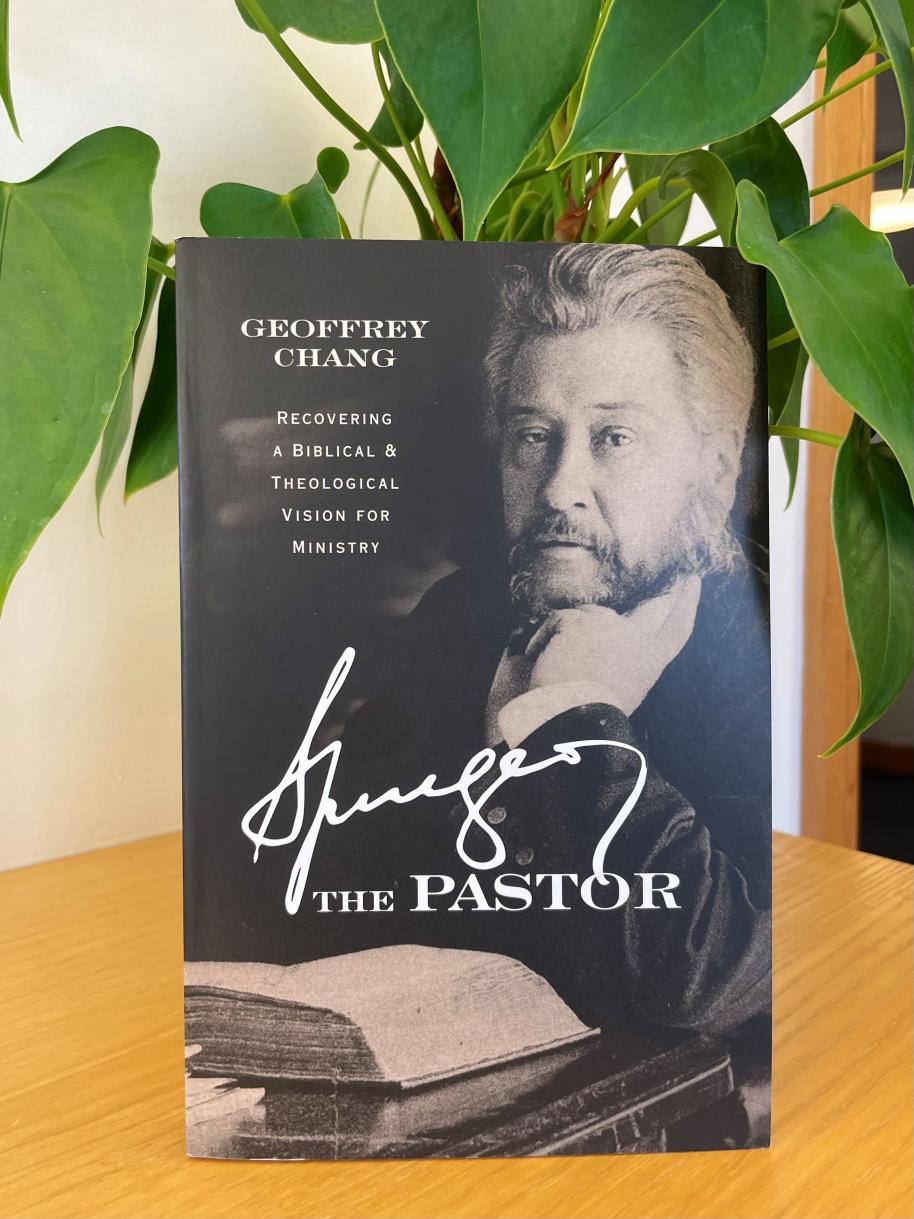Let’s Read Spurgeon the Pastor: The Church Functioning

Let’s Read Spurgeon the Pastor: The Church Functioning
By Davy Ellison
Counsel for the Church
According to Chang, Spurgeon offers four pieces of counsel for the congregation in relation to their leaders:
- Pray for them. Pastors, elders and deacons need the prayers of the people they serve. If any truly effective gospel work is to be done it must be supported through consistent prayer. As the work grows so does the need for prayer.
- Serve with them. It is not only the pastor, elders and deacons who serve. Nor should the congregation serve their leaders. Rather the aim is to serve together. “Spurgeon also saw the role of members in following their leaders into gospel ministry” (p. 166).
- Support them with our presence. This is not particularly revolutionary, but by merely turning up Sunday by Sunday and at the midweek prayer meeting members support their leaders. A bustling church service is an encouragement to the deacon who set the room up, the elder who visited an absent member and the pastor who has prepared a message. Being present is a great support.
- Support them with our finances. If we are committed to a local church and its leaders, we need to put our money where our mouth is. Spurgeon warned that if we cannot trust our spiritual leaders with our money we should not trust them with our souls (p. 167).
The above is simple and straightforward. It is nevertheless a tremendous way to support our church leaders. It is not one way traffic, however.
Counsel for the Leaders
On the flip side, Spurgeon has five pieces of counsel for church leaders:
- Don’t forget the gospel. Spurgeon was clear on the danger that serving in church leadership can sometimes blind us to our own need of the gospel: “Brother ministers, coworkers, and officials of the church, do not imagine that office can save you” (p. 168). We never outgrow our need for the gospel, it alone saves us.
- Don’t forget the spiritual nature of the work. Whether it is sitting in an officebearers’ meeting, brushing a floor, crying at a bedside or preaching the word, every activity in church leadership is spiritual. It impacts the spiritual health of the people. None of our tasks are menial.
- Don’t forget you’re an example. Our people watch us. They measure their lives against ours. Church leaders set the standard. We must always set a good and godly example, even in our failures (i.e., confession and repentance).
- Find contentment. The grass is always greener on the other side. Whether eldership is viewed as a promotion to diaconal work or one pastor covets another pastor’s setting, there is a deep-seated discontent in the fabric of society and the flesh of sinners. But, the church leader, in light of Scripture, must find contentment in their present station because it is God’s place for them at this time.
- Depend on Christ. We are simply stewards of God’s people. While we must serve whole-heartedly, we are not the ultimate answer to anyone’s most fundamental problem—sin. Our entire ministry must depend on Christ, for it is he who calls, saves and glorifies his people. We love our people best by pointing continually to Christ.
The church and her leaders should be working in tandem, attempting to outdo each other in showing honour to one another (Rom. 12:10).
Encouragement for Church Meetings
Chang offers this summary of Spurgeon’s thinking on members’ meetings:
Spurgeon saw church meetings as an opportunity for discipleship and edification. Every membership applicant brought a testimony of God’s grace with them, and in so many of these testimonies, Spurgeon played only a small part. Rather, applicants told stories of a praying mother, a persevering neighbour, a stranger who invited them to church, a faithful deacon, and all kinds of other ways the members of the church brought them to Christ. Each story encouraged members to be bold in the work of the gospel.
Spurgeon also sought opportunities to point his people to the wider work that was happening in the church. Whether it was sending out new church plants, appointing missionaries, discussing the work of the Pastors’ College, honouring faithful leaders, telling stories of enduring fruitfulness, these church meetings provided the congregation an opportunity to celebrate all that God was doing through the church. As a result, the church often voiced their praise to God. (p. 192)
Who would not want to sit through a two-hour meeting that testified to God’s saving grace, confirmed his use of ordinary Christians in the spread of the gospel and offered opportunity to learn of all the good God is doing in and through his people?
Reflection
- For church members, in which one of Spurgeon’s counsels are you weakest? What can you do in the incoming week to begin to correct this?
- For church leaders, in which one of Spurgeon’s counsels are you weakest? What can you do in the incoming week to begin to correct this?
- How do you normally view members’ meetings? What needs to change in you for you to find encouragement in them?





